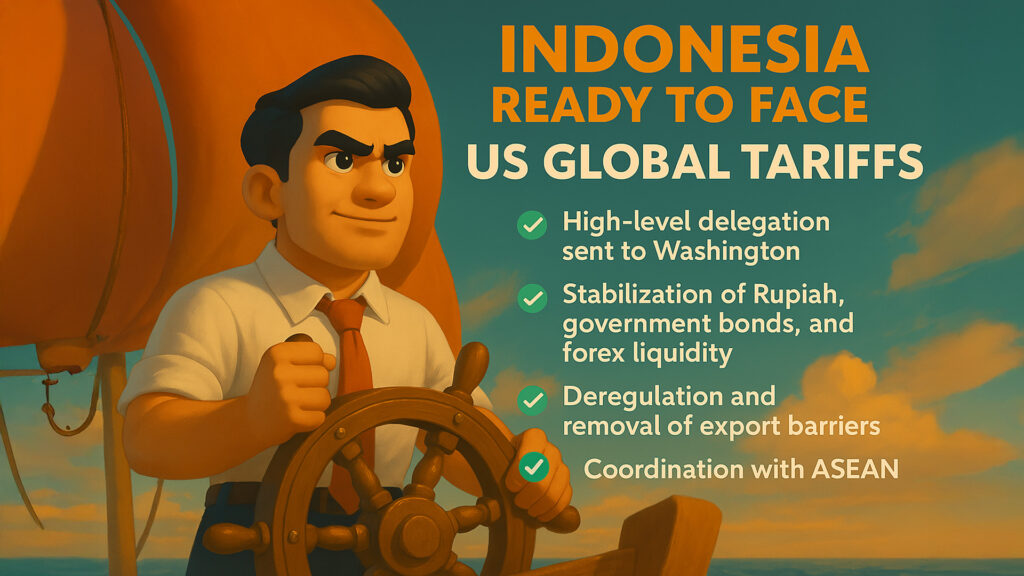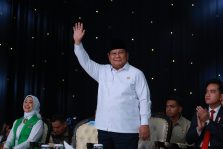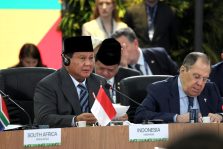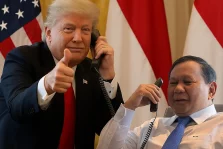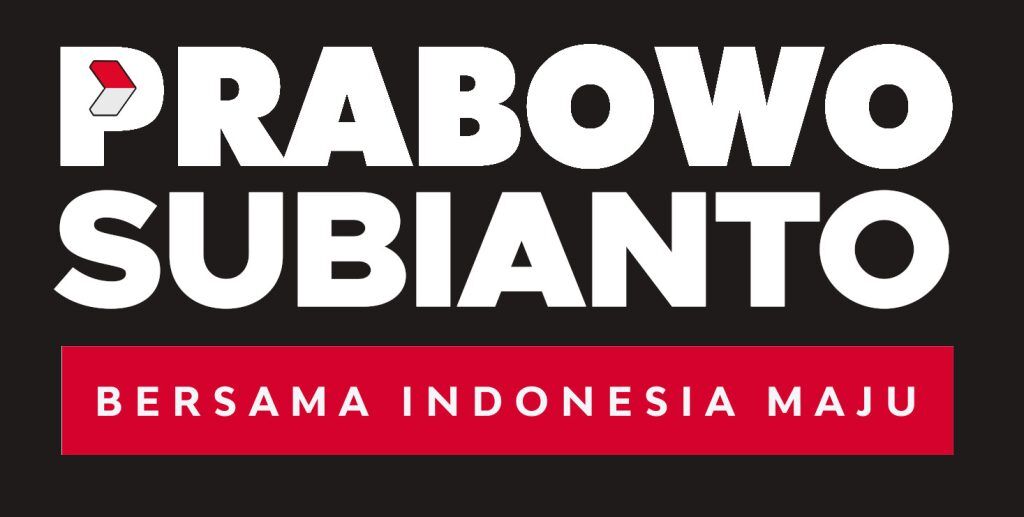By Hamdan Hamedan
The United States has officially imposed high tariffs on dozens of countries—including even its closest ALLIES.
The immediate impact is already being felt, particularly in the U.S. itself:
- The stock market plunged.
- The Dow Jones dropped nearly 4%, while the Nasdaq tumbled almost 6%.
- A staggering $2 trillion vanished from the S&P 500.
- Shares of Apple, Nike, and other major manufacturers plummeted by double digits.
Many American economists had warned that this policy could backfire—triggering inflation, rising prices, and a global economic slowdown.
Yet, President Trump appears steadfast in his tariff agenda.
Indonesia—despite maintaining strong ties with the U.S.—has been hit with a 32% tariff, effective April 9, 2025. This poses a serious challenge for our exports, particularly in electronics, textiles, fisheries, furniture, and palm oil.
However, the Indonesian government is not standing idly by. Immediate steps have been taken:
✔️ A high-level delegation has been dispatched to Washington for direct negotiations.
✔️ Bank Indonesia is stabilizing the Rupiah, government bonds, and foreign exchange liquidity.
✔️ Deregulation and removal of non-tariff barriers to boost exports.
✔️ Coordinating with ASEAN for a regional collective response.
As the U.S. CLOSES ITS DOORS, Indonesia must be SMART IN FORGING NEW PATHS.
New markets—BRICS, Africa, and the Middle East—must be explored and expanded.
We cannot change the direction of the wind, but we can adjust our sails.
Indonesia can. Yes, we can.

